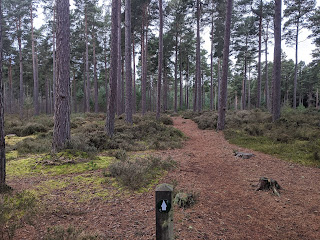Do you have unfinished business? Is there something not yet complete? I am a finisher. I like to complete a commitment. Sometimes this trait has led me to push myself to unreasonable limits, going beyond, just for the feeling of finishing.
In athletic parlance, a DNF is a ‘Did Not Finish.’ I have previously prided myself on always getting to the finish line in sporting events and always completing projects and things I do at work. But this year, I have picked up a few DNFs, which would previously have bothered me. For example, I have a DNF from the Diss Triathlon a few years ago, where multiple punctures meant I travelled to the finish line in the gloom of the broom wagon, a silent dark space in the back of a white van, with three other men in lycra who also should have known better. But this year, for obvious reasons, it is sometimes simply impossible to do what you set out to do. I am practising letting go. Does it really matter if the to-do list doesn’t get ticked off? If something remains unfinished, is that such a bad thing? Maybe there is a better time for this thing to be done, or a better person to do it. Letting go can be liberation but it needs practice. Try it yourself and see if it works for you. It’s OK not to achieve your goals, and if you are aiming high then there will be some things you have not hit, and maybe will not.
But a failure to finish is very different from a failure to start. So, I picked up a DNS in last year’s Loch Ness Marathon. Did Not Start. I had been dreaming of running this marathon, tagged as one of the most scenic in the UK, for years. Finally, I found myself living near the start and my dream event within reach. A year of marathon training was thwarted by illness two days ahead of the race. The 2020 race, of course, didn’t happen either, so I still have the DNS to my name for that event. But I will eventually start that race. In my work, there are a few more things yet to start. I started Dementia Adventure, something I am very glad and proud of beginning. There is a book or some more writing ahead of me in my next work phase, which I have yet to start. Do you have something in your life you would like to start? Looking back, do you wish you had started something years ago when you had the chance? A DNS is very different from a DNF.
Overall, it doesn’t really matter how many DNF and DNS you end up with in life so long as you have a winning track record. Are you winning in life, winning in work? Is there something you don’t need to finish? Is there something you need to start?
 |
| Need it always be a mountain to climb? |









